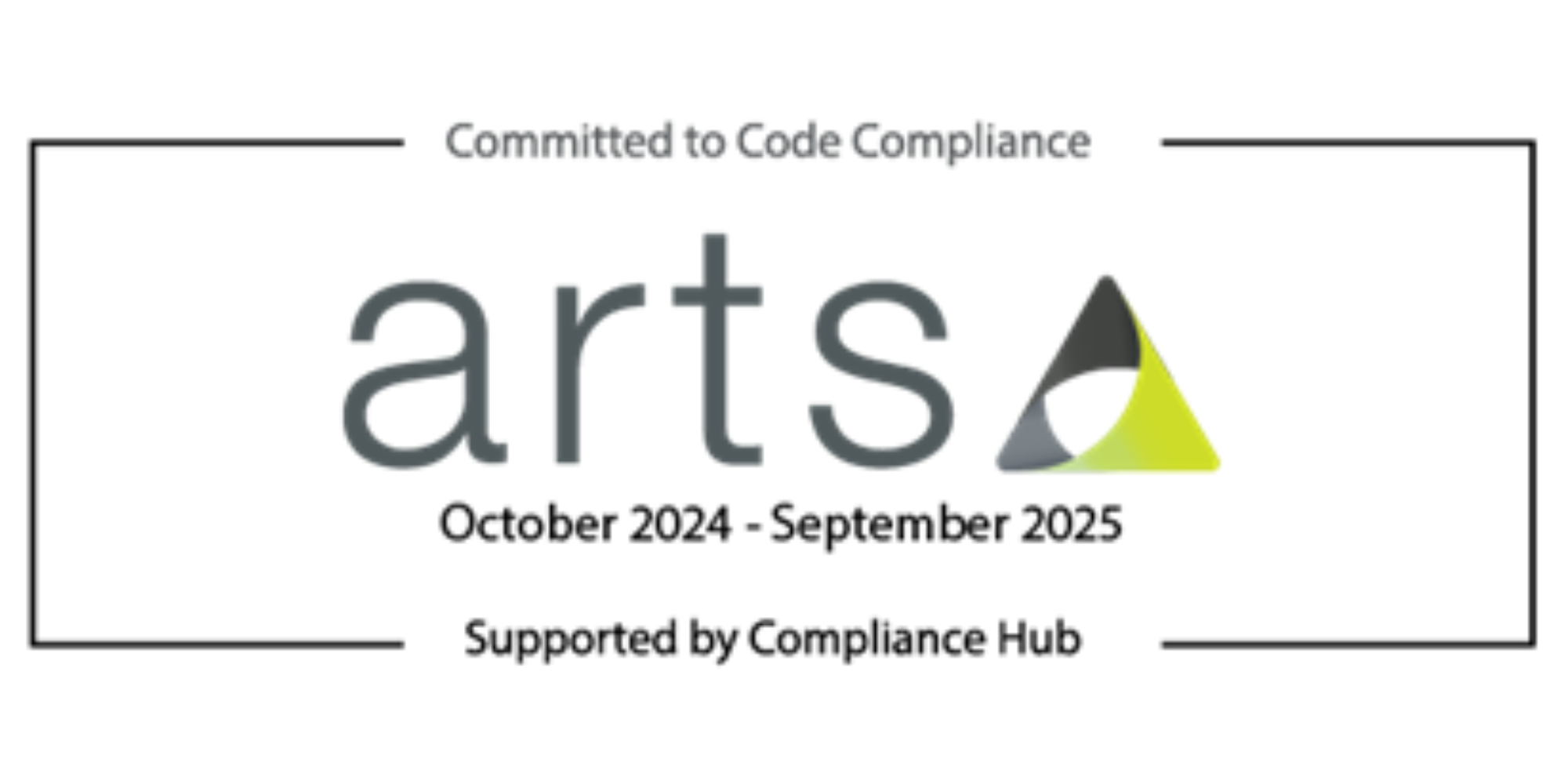The future of ART - are long-acting injectables the next revolution?
)
2022 is a big year for UK HIV services and people living with HIV (PLWH). Cabotegravir and rilpivirine (CAB/RPV), an injectable long-acting antiretroviral (ARV) regimen approved by NICE in November 2021, will be accessible to PLWH meeting national and local eligibility criteria. The ATLAS, FLAIR and ATLAS-2M studies demonstrated non-inferiority of CAB/RPV over oral antiretroviral therapy (ART). An initial 28-day oral lead-in of CAB/RPV is followed by two intramuscular CAB/RPV injections every two months (monthly injections are also licenced).
This rollout of injectable long-acting ART will begin to address one of longstanding unmet needs of PLWH. Despite efforts to normalise HIV diagnoses, sadly for some PLWH, taking oral ART is a daily reminder of their diagnosis and the stigma encountered. Additionally, PLWH taking oral ART can experience pill fatigue which negatively impacts adherence. These two examples of treatment barriers that injectable long-acting ART can potentially overcome will ultimately help the UK towards achieving the goal of zero HIV transmissions by 2030.
The HIV Pharmacy Association (HIVPA) is delivering two sessions at this year’s CPC. The ART of HIV Treatment and Prevention and HIV and Critical Care. These sessions are relevant for all practicing pharmacy professionals. PLWH are an aging population with a high prevalence of co-morbidities and polypharmacy, and therefore likely to present to primary and secondary care for conditions unrelated to HIV. It’s important for pharmacy teams to appropriately manage these presentations; so please come along, say hello and ask some questions!
Author:
Rory Grier-Gavin
Education Co-Lead, HIV Pharmacy Association (HIV)
Lead Pharmacist HIV and Sexual Health, Imperial College Healthcare NHS Trust


 London
London


